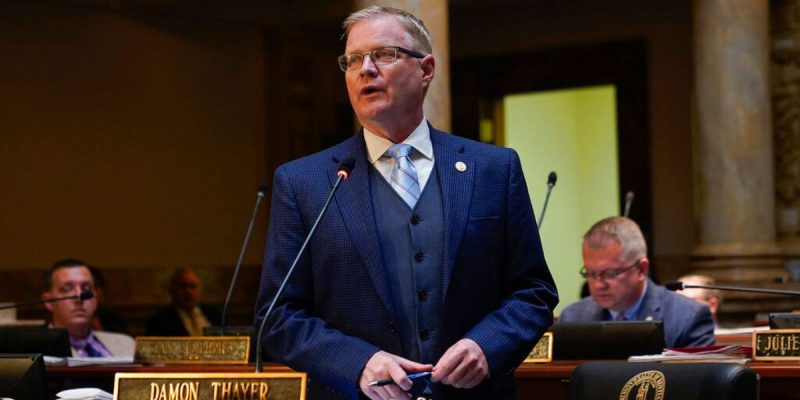Growth is a good thing…and so is adapting.
Kentucky bill SB299 from Kentucky Sen. Damon Thayer aims to create an independent regulatory body to oversee the state’s horse racing, historic horse racing (HHR), charitable gaming, and sports betting operations. The new body, the “Kentucky Horse Racing and Gaming Commission” would replace the Kentucky Horse Racing Commission and Department of Charitable Gaming.
The bill passed votes in the House and Senate. It now awaits Gov. Andy Beshear’s signature to become law. If Beshear signs the bill, its changes will go into effect on July 1.
Why lawmakers want regulatory reform on Kentucky’s gaming industry
In short, Kentucky’s gaming landscape has changed radically over the past few years. While horse racing and charitable gaming have been long-standing traditions in the Bluegrass State, HHRs and sports betting are relative newcomers.
Rather than creating a new governing body to oversee HHRs and sports betting, the state’s horse racing commission oversaw the two. This is relatively unusual, as most states that launched sports betting after 2018 created new regulatory bodies to oversee sports betting. Or, in some cases, sports wagering was brought under the authority of an existing gaming commission that oversaw casinos.
However, Kentucky chose not to do that. It added HHRs and sports betting to the Horse Racing Commission’s oversight. While HHRs seem like a natural fit for horse racing regulators, they are more like slot machines than horse racing.
In short, the bill should help provide better oversight for the state’s various forms of gambling.
Thayer told Thoroughbred Daily News he believes that the new commission will provide an important level of transparency:
“Things have changed here a lot over the last several years. The Horse Racing Commission oversees not only live racing, simulcasting and the ADWs, but also HHR and sports betting. We just think that a higher level of scrutiny and more independence will lead to more integrity on the regulation of all three forms of legalized wagering in Kentucky, pari-mutuel, sports betting and charitable gaming.”
How Kentucky’s potential new gaming commission will form
According to Thayer’s bill, the Kentucky Horse Racing and Gaming Commission would absorb the Kentucky Horse Racing Commission and the Department of Charitable Gaming via two provisions in the bill:
- The Kentucky Horse Racing Commission shall be abolished and all employees of the Kentucky Horse Racing Commission are transferred to the corporation; and all personnel, equipment, and funding shall be transferred from the Kentucky Horse Racing Commission to the Kentucky Horse Racing and Gaming Corporation.
- “The Department of Charitable Gaming shall be abolished and [all] employees of the Department of Charitable Gaming are transferred to the office regulating charitable gaming in the corporation; and [all] personnel, equipment, and funding shall be transferred from the Department of Charitable Gaming to the Kentucky Horse Racing and Gaming Corporation.”
The new commission would be responsible for overseeing six different areas of horse racing and gaming in the state:
- Pari-mutuel wagering
- Live horse racing
- Breed development and integrity
- Sports wagering and other gaming with fixed odds
- Licensing and investigation
- Charitable gaming
The commission president would be in charge of setting up various offices that would address the above topics.
Horse industry representatives would make up a majority of the commission’s board
The commission would be made up of 15 government-appointed directors. Each member of the board would serve a four-year term. The 15-person board would have representatives from the various industries the commission would regulate:
- Three Thoroughbred industry reps
- One standardbred industry rep
- One equine veterinarian
- One expert in law enforcement and investigation
- Three gaming industry experts
- One expert in horse industry operations
- One horse trainer licensed by the state
- Two charitable gaming reps
- One at-large member with no ties to any of the state’s gaming and horse racing industries.
The board would have eight people from horse racing, three from gaming, one from law enforcement, two from charitable gaming, and one at-large member.








